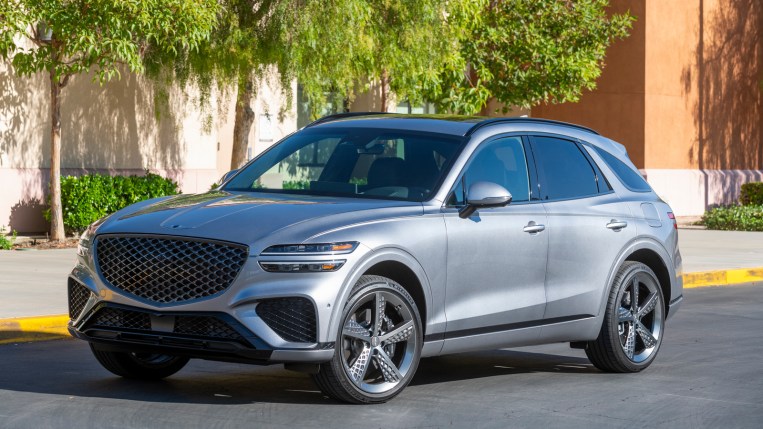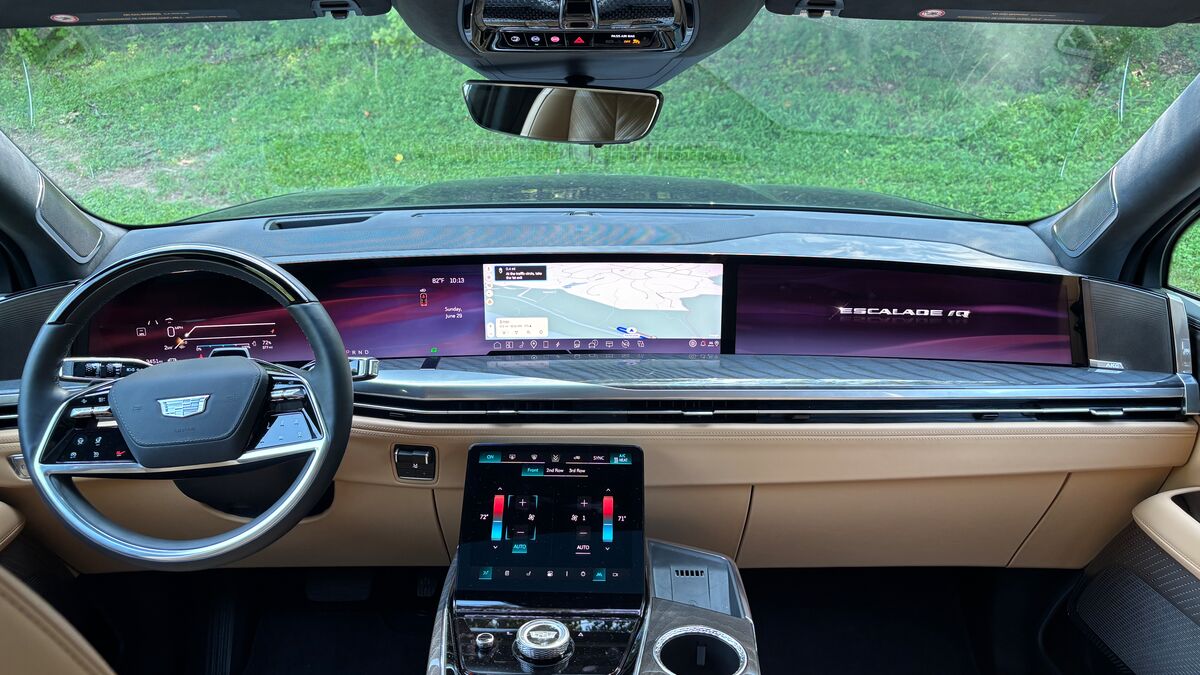
Automotive News reports that, in a pair of letters that “include mostly the same language for the two brands,” the companies warned dealerships to stop deceptive pricing practices.
At Least The Fourth Company to Take Action
Ford was the first automaker to make this move recently, writing to its dealerships last month cautioning them to stop adding hefty markups to the prices of some vehicles. Ford’s CEO later told investors the company might block dealers from selling some popular models if they didn’t halt pricing practices that create bad publicity.
General Motors followed shortly afterward with a similar letter.
Nissan and its luxury marque, Infiniti, sent a letter cautioning dealers against some questionable leasing practices earlier this week.
Bait-and-Switch Pricing, Line-Item Markups
Hyundai’s warning to dealers mentions a few specific practices, including:
- Advertising one price online, then naming a different price when the customer starts to negotiate
- Affixing window stickers with markups included as itemized parts of a vehicle’s price
“All of these practices result in the sale of vehicles for above-MSRP prices, in some cases way above-MSRP prices,” the letter said. That risks “damaging our brands’ long-term ability to capture new customers and retain loyal ones.”
(Most) Automakers Don’t Set Car Prices
Automakers have limited ability to control the prices dealers charge.
A few newer automakers, like Tesla and Rivian, sell vehicles directly to buyers for set prices.
Most automakers, however, sell vehicles through complicated partnerships with dealerships. Dealerships are independent businesses with the legal right to sell cars for any price they choose. They must buy them from the automaker – often through a complex loan system financed by the automaker itself – and act as middlemen, selling them to buyers.
That gives the company that builds a car limited ability to stop dealerships from selling it for any markup they please.
One Tool, and It’s a Hammer
The market shocks of the past year have pushed car prices to record highs. They’ve also left dealerships with few new cars to sell. That has led many to capture as much profit as possible from the reduced number of sales they can complete.
But automakers have begun to worry that high prices will sully their reputations. Hyundai cautioned dealers, “Once supply and demand come into greater equilibrium, customers will feel that they were overcharged for their vehicle and thus look to other brands the next time they are shopping.”
Hyundai’s letter did not specify what actions the brand might take against dealers that overcharge. But Ford and GM have been more direct. They’ve promised to use the most effective tool at their disposal – sending more cars to dealers with reasonable prices and restricting the most sought-after cars from dealerships that add heavy markups.







